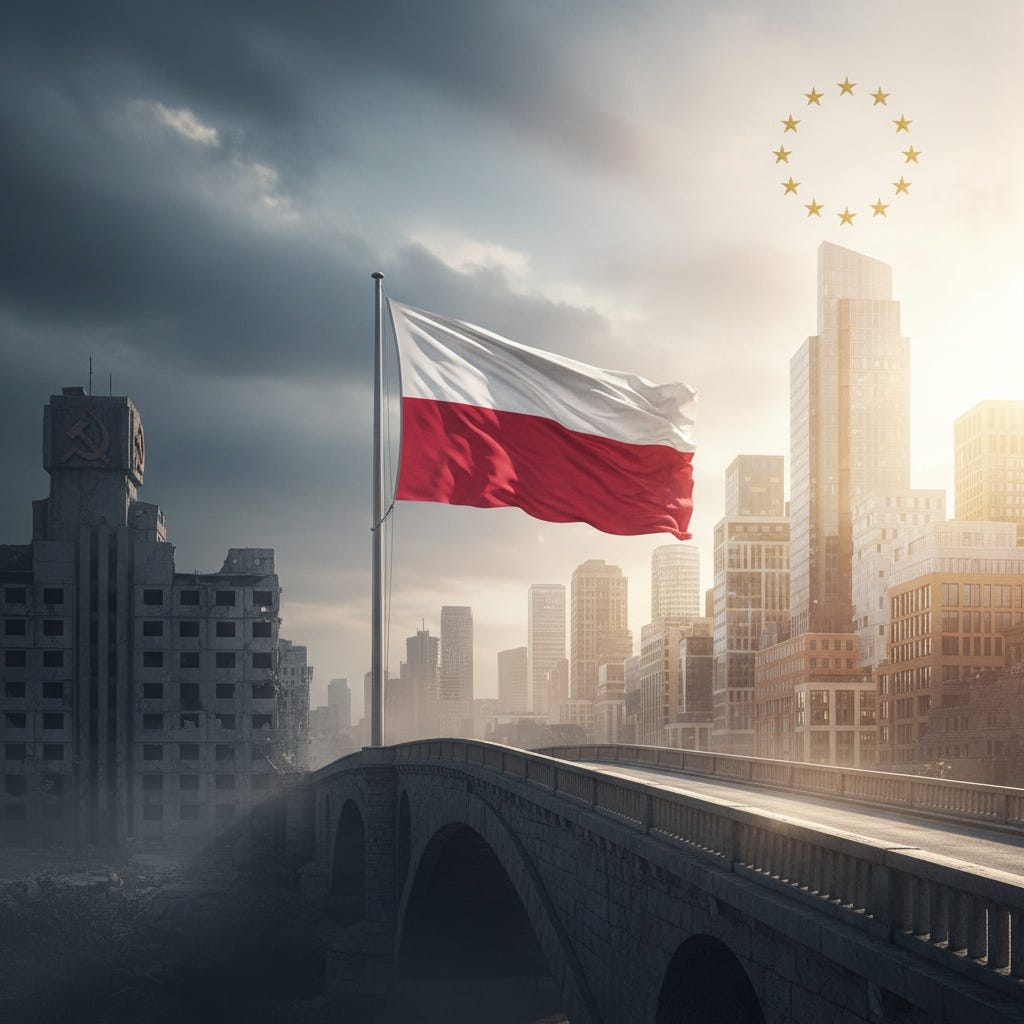Poland: Turning From Russian Style Extraction To European Inclusion
After Poland freed itself from Soviet control, it made solid forward movement toward democratic inclusion. But, in 2015, the Law and Justice Party (Prawo i Sprawiedliwość, PiS) overhauled courts, sidelined independent checks, and tightened political control over public media and institutions. It looked like Poland was returning to an extractive, authori…



